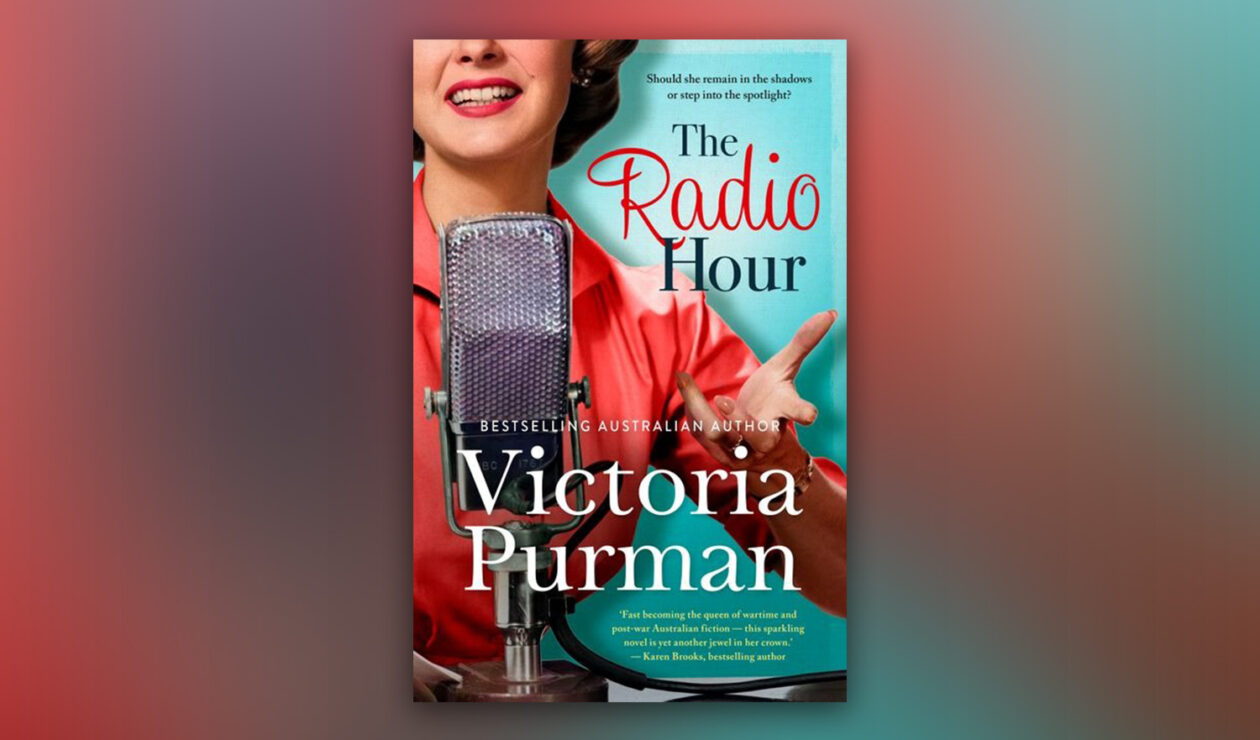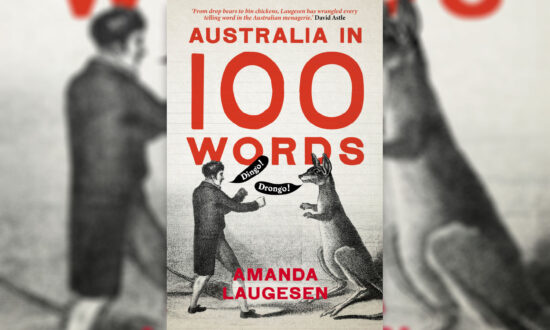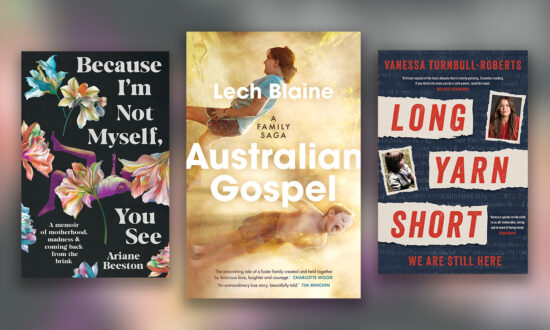Adelaide author Victoria Purman is swiftly becoming one of Australia’s most cherished and best-selling writers of historical fiction. Known for teaming spirited female protagonists with a charming cast of characters and plotlines that make pages turn at a clipping pace, her work digs into the past to reveal the lives of women hidden beneath history’s cold statistics and impersonal timelines.
Following her previous bestseller A Woman’s Work, her new novel The Radio Hour sees the former ABC journalist turn her writer’s gaze from the kitchens of post-war Australian housewives to another familiar workplace – our national broadcaster, the ABC.
The year is 1956 – the golden age of radio. Families gather around “the wireless” to listen to news broadcasts and radio serials, such as The Lawson and Australia’s most beloved Blue Hills. These 15-minute episodes of story each day are a source of pleasure and conversation among their devoted listeners, fulfilling much the same role as streamed television series today. In 1956, Australia has not yet followed the US and UK into the era of television – but the end of radio’s primacy is looming and the atmosphere at the ABC is tense.
ABC stalwart Martha Berry has been with the national broadcaster since its inception in 1932. Now 50 years old, unmarried and childless, she has dedicated her life to her workplace, yet she’s never been offered a permanent position or risen higher than secretary. While her less-experienced male colleagues rise effortlessly through the ranks, Martha is just another worker in an almost invisible workforce of women, the unacknowledged and undervalued staff who keep the whole institution running. Her awareness of this injustice is growing but she doesn’t feel the full force of its sting until she is given her latest assignment.
Worried about the imminent arrival of television, the ABC decides to give its listeners more of what they love – a new radio serial. As the Sun Sets will fill the valuable timeslot after Blue Hills and Martha is assigned yet another secretarial role – assisting Quentin Quinn, a brash young producer who doesn’t let his lack of experience stand in the way of making Martha’s life miserable in between liquid lunches that stretch until knock-off.
With her new boss so out of his depth he’s failing to produce a script, and the deadline for voicing the first episodes looming, Martha is faced with a quandary. She can reveal Quinn’s behaviour to her superiors and shut down production, or she can write the script herself and save the jobs of the actors employed to voice the new serial.
Drawing on her familiarity with the structure, characters and plotlines of her beloved Blue Hills as a basis for her own serial set in suburban Sydney, Martha is a natural. It’s not long before the actors realise that it’s not Quinn but Martha who is the genius behind their brilliant, insightful and socially broad-minded lines. But how long can they keep up the façade and what will happen when the ABC realises it’s innovative new serial As the Sun Sets is being penned by a secretary?

Get InReview in your inbox – free each Saturday. Local arts and culture – covered.
Thanks for signing up to the InReview newsletter.
Purman is in her element with this novel, her experience as a journalist with the ABC intertwining with her drive to pull back the curtain on the historical injustices inflicted upon woman in this era. Readers will burn with indignation at the social and institutional inequalities endured by Martha’s female colleagues. Purman’s female characters experience it all – the Marriage Bar (the requirement that women resign from work once married), sexual harassment, inequalities in pay and opportunity, and the ubiquitous stereotypes about women in the workplace. Menopause, racism and the media whitewashing of Australian suburbia is all held up to the light as Martha attempts to hide her talents and protect her friends.
Yet even as she tackles this laundry-list of issues, Purman never lets the message overwhelm the story. This vivid novel immerses readers in post-war Australia – evoking both the charms and challenges of the pre-televised world and reaffirming Purman as one of Australia’s most beloved and bestselling historical novelists. Looking back on the golden age of the radio serial, it’s clear that Australians have always adored a great story. And that’s exactly what The Radio Hour delivers.
The Radio Hour is published by HarperCollins (HQ Fiction Imprint) and available now.
Support local arts journalism
Your support will help us continue the important work of InReview in publishing free professional journalism that celebrates, interrogates and amplifies arts and culture in South Australia.
Donate Here




